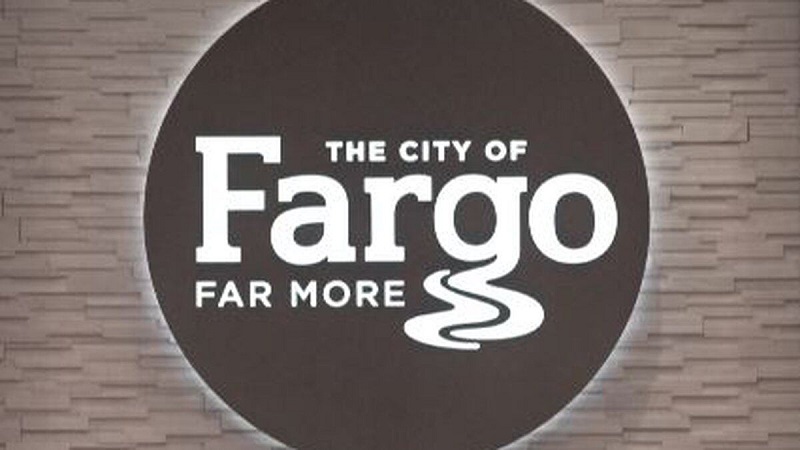Fargo, North Dakota – Last Monday, current Mayor Tim Mahoney told city commissioners that former Fargo Mayor Dennis Walaker drove around town drinking coffee from a lidless cup to verify road quality. If potholes spilled coffee, Walaker knew it was time to demand repairs.
“I think that’s kind of what we do in this community,” Mahoney said. “We have good infrastructure.”
However, growing construction prices and a sunsetting local sales tax threaten one of the city’s infrastructure funding sources.
City Engineer Tom Knakmuhs provided city commissioners with numerous ideas to fix the city’s infrastructure finance policies, including a 20% increase to special assessment caps for next year, on Nov. 6.
No formal decisions were made, but the Fargo City Commission will vote on the new four-year CIP on Dec. 11.
Annual infrastructure projects are listed in the city’s CIP. A portion of the city’s 2% local sales tax, special assessments, utility revenue, state Prairie Dog funding, and federal aid pay the initiatives.
However, the city’s street sales tax has been dropping as demands exceeded earnings. Construction expenses have outpaced special assessment hikes, leaving the city needing a change.
Growth in the city affects infrastructure funds. The 2023 CIP reports a 39.4% increase in infrastructure miles from 2006 to 2021, with 399 lane miles added to the city’s pavement network. That network is worth $1.2 billion.
“Our current funding policy isn’t sustainable,” City Engineer Tom Knakmuhs told the commission. “But I think there are a number of solutions we can take a look at.”
Among the solutions presented at the meeting are
• Increasing monthly utility rates paid by residents.
• Increasing special assessments.
• Increasing the streets portion of the sales tax to half a cent.
• Sending part of the city’s property taxes to pay for streets.
• Adding a new utility fee for streets.
• Doing less work on streets.
A proposed increase to the city’s special assessment cap is included in the 2024–2027 Comprehensive Improvement Plan.
In order to give property owners a “predictable amount” of assessments each year, special assessments for projects like pavement replacement, water, and sewer replacement are capped, which limits the maximum amount of money each owner owes the city for projects nearby, according to Knakmuhs.
The city has increased the cap on special assessments by 2% per year since 2020. On the other hand, the yearly inflation rate for building is rising significantly faster than the increase. The 15-year average inflation rate since 2008 has been 7.19%.











